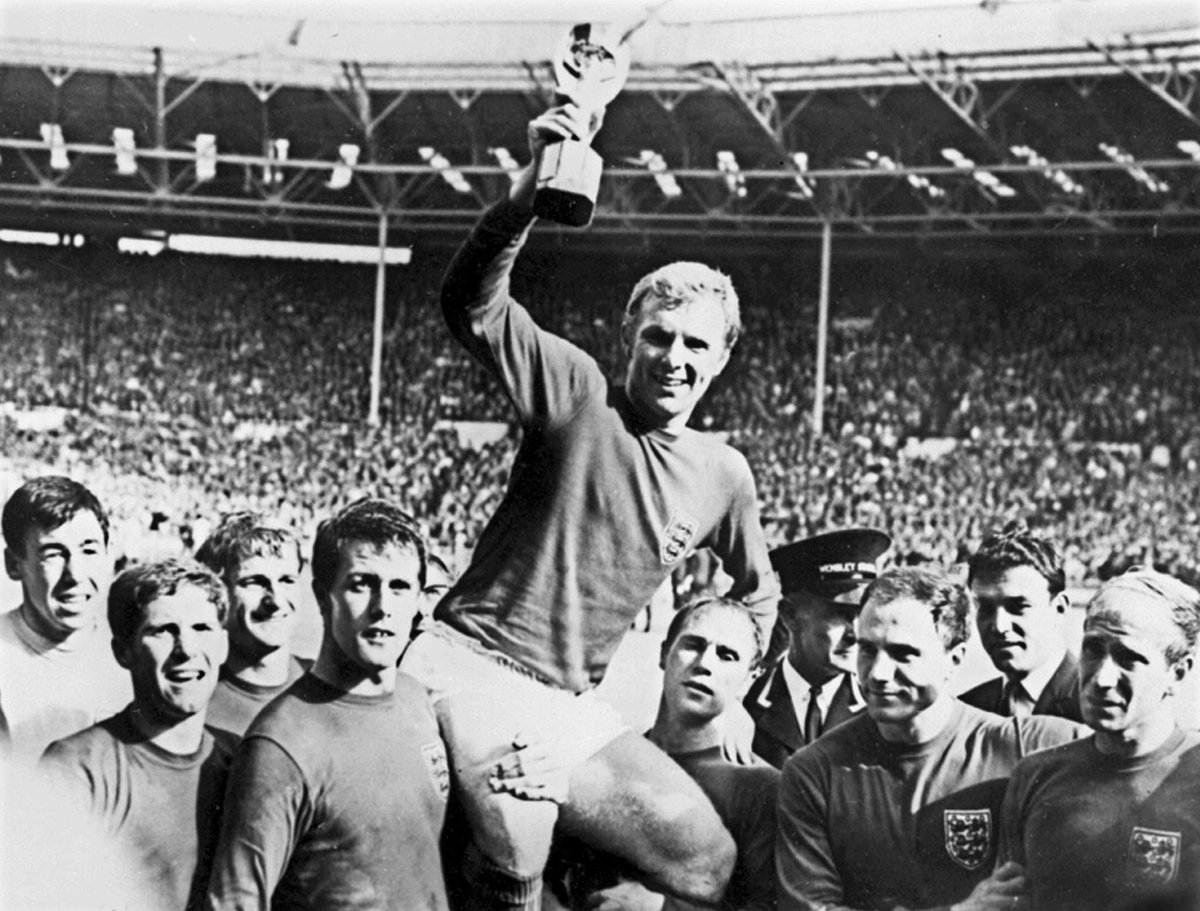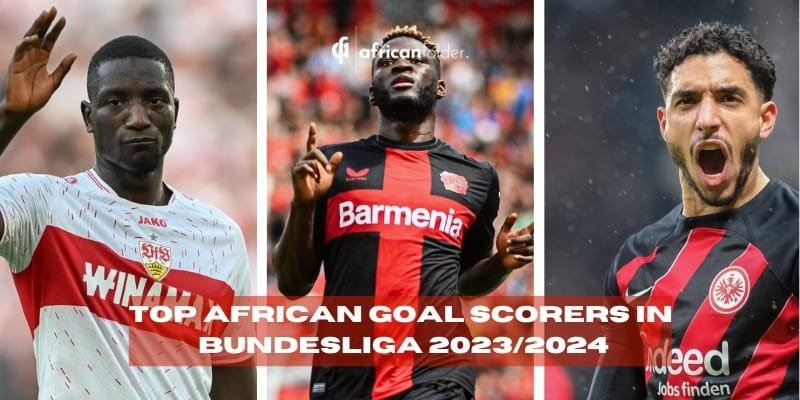At the World Cup 1966, there was no African team in the tournament as the continent’s football body, the Confederation of African Football (CAF) had pulled out of the competition when their requests for a guaranteed spot in the main draw was denied.
England was the host country, exactly 36 years after hosting the first World Cup.
More than half of the teams in the main draw were from Europe. They were joined by squads from the Americas and North Korea, the only Asian representative.
Africa only had one qualifier in the first eight competitions between 1938 and 1970, Egypt in 1934. The number of African teams at the World Cup increased over the next eight tournaments, reaching a high of six in 2010.
But everything changed after the 1966 World Cup, in which no African teams competed because Ghana boycotted the event, and it proved to be the tipping point for greater recognition of the continent’s national teams.
Background Of What Happened At The World Cup 1996
FIFA, football’s global governing body, decided in January 1964 that the 16-team finals would feature 10 teams from Europe, including hosts England, four from Latin America, and one from the Central American and Caribbean region.
Many people were surprised because it implied that only one place would be fought for by three continents: Africa, Asia, and Oceania.
Kwame Nkrumah, a leading Ghanaian nationalist and ardent pan-Africanist, proposed and orchestrated a continent-wide boycott of the 1966 World Cup qualifying rounds. Nkrumah’s political education was rooted in pan-Africanism, the political and intellectual movement he would later lead.
Days later, Ghana’s Director of Sport, Ohene Djan, a member of FIFA’s Executive Committee, strongly condemned the injustice.

“Registering strong objection to unfair World Cup arrangement for Afro-Asian countries STOP,” he wrote to FIFA in a telegram.
However, CAF made the decision to boycott the 1966 competition because they believed that the organization that governs world football would not be willing to budge and that no demonstration of African performance would be able to persuade them otherwise.
Eight months after what began as a protest by one country in Accra in February, the whole continent of Africa had joined the boycott.
President Rous only referenced Africa’s official boycott decision in passing during his address to the congress, when he urged “understanding” and “compliance” to FIFA standards. But it was going to have a long-lasting effect.
What Caused This?
In its most basic form, this was African football’s collective response to the long-standing and profoundly established Eurocentrism of the Fédération Internationale de Football Association (FIFA).
Before the independence movements that dominated the African continent in the late 1950s and early 1960s, FIFA mostly served the interests of the existing European and South American constituencies of the game.
Africa was viewed as largely irrelevant in this context, not least because there were only four African FIFA members prior to Ethiopia’s accession in 1953.
The decision to use a highly politicized boycott strategy to protest FIFA’s European bias was made despite the fact that CAF’s founding in 1957 gave a platform for promoting the more internationalist agenda that FIFA claimed was at the core of its mission. These factors, along with the Africanization of the game, its increasing status as a hotbed of anticolonial sentiment, and the articulation of nascent nationalism in the postwar period, were equally significant.
It is unnecessary to go into detail about the game’s role in this regard, except to say that there is a small but significant historiography on football’s political pedigree in colonial Africa, specifically in North Africa, the Belgian Congo, Tanzania, Zanzibar, Ghana, Nigeria, and Algeria.
At this point, the World Cup was the fastest way to make one’s nation even popular. It was the simplest way to market tourism for a continent and country, which is probably why Africa, Asia, and Oceania were allotted one slot to benefit European countries.
Most nations were not excited about the tournament because they expected to win; rather, it was the desire of newly independent nations to use the world game, and particularly the World Cup, as a vehicle for registering their presence and gaining recognition on the international stage.
Effect Of The Boycott
Despite the fact that the only African player at England 66 was Eusebio, a striker from Mozambique who played for Portugal, the boycott had an impact on reforms that led to Africa receiving its own independent spot in 1970.
For the past 22 years, this figure has remained constant, rising to two in 1982, three in 1994, and five in 1998. There will be nine in the 2026 edition.
















